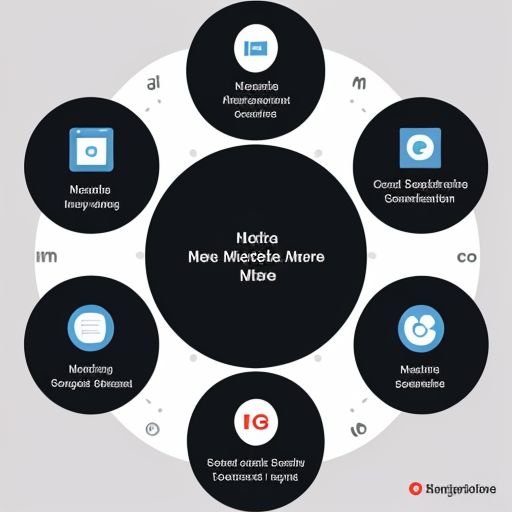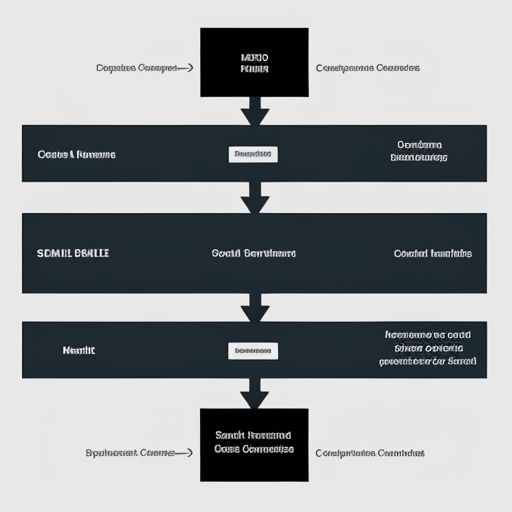Imagine building a magnificent castle, brick by digital brick, in the cloud. It’s efficient, scalable, and ready for anything. But what about security? Enter the mighty exchange.tailieupentech.com/cloud-native-application-protection-platform/">Cloud Native Application Protection Platform (CNAPP).
Understanding the Basics: What is CNAPP?
CNAPP is essentially a unified security solution for applications built and run in cloud environments. Instead of relying on a patchwork of individual security tools, CNAPP brings everything under one roof. This comprehensive approach offers a single pane of glass to manage the security posture of your cloud-native applications throughout their lifecycle.
Why is CNAPP Important?
The cloud has revolutionized application development, but it also presents unique security challenges. Traditional security tools are often inadequate in these dynamic and distributed environments. Here’s where CNAPP steps in, offering:
- Comprehensive Protection: CNAPP secures all aspects of cloud-native applications, from the underlying infrastructure to the application code itself.
- Simplified Security: By consolidating multiple security tools into a single platform, CNAPP simplifies security management and reduces complexity.
- Improved Visibility: CNAPP provides a centralized view of the security posture of all cloud-native applications, making it easier to identify and respond to threats.
- Reduced Costs: By streamlining security operations and reducing the need for multiple point solutions, CNAPP can help organizations save money on their cloud security spending.
Key Features of a CNAPP Solution
Not all CNAPPs are created equal. Look for these key features when evaluating a platform:
- Cloud Security Posture Management (CSPM): Continuously monitors and assesses the security configuration of cloud resources.
- Cloud Workload Protection Platform (CWPP): Secures workloads running in virtual machines, containers, and serverless environments.
- Vulnerability Management: Identifies and prioritizes vulnerabilities in application code, open-source libraries, and containers.
- Runtime Protection: Detects and blocks threats in real-time, such as malware, intrusion attempts, and data breaches.
- Incident Response: Provides tools and capabilities for investigating and responding to security incidents quickly and efficiently.
FAQs about Cloud Native Application Protection Platforms
Here are some common questions about CNAPP:
- What are the benefits of using a CNAPP over traditional security tools? CNAPP offers more comprehensive protection, simplified security management, improved visibility, and reduced costs compared to traditional security solutions.
- What types of organizations can benefit from CNAPP? Any organization that builds, deploys, or manages cloud-native applications can benefit from CNAPP.
- How do I choose the right CNAPP solution for my organization? Consider your specific security requirements, the complexity of your cloud environment, and your budget when evaluating CNAPP solutions.
Conclusion: Securing the Future of Cloud Applications
As organizations increasingly rely on cloud-native applications, securing these critical assets is paramount. A CNAPP provides a unified and comprehensive approach to cloud security, enabling organizations to protect their applications and data from evolving threats.
Have any further questions about CNAPP or cloud security in general? Leave a comment below or contact us to learn more about how we can help secure your journey to the cloud.







